Thermopore Pipe Insulation In
Lahore - Pakistan
Pipe insulation is a simple yet effective way to protect your pipes, save energy, and reduce costs. Whether you’re a homeowner, factory manager, or building contractor in Pakistan, this guide explains everything you need to know about pipe insulation in easy-to-understand terms.
What Is Pipe Insulation?
Pipe insulation involves wrapping pipes with special materials to control temperature, prevent energy loss, and protect against damage. It’s like putting a “jacket” on your pipes to keep them warm in winter, cool in summer, and safe year-round.
Why Is Pipe Insulation Important in Pakistan?
Pakistan’s climate—scorching summers, chilly winters (especially in the north), and high humidity—makes pipe insulation essential. Here’s why:
Saves Energy: Insulated pipes reduce heating/cooling costs by up to 20%.
Prevents Freezing: In cold areas like Gilgit or Murree, insulation stops pipes from bursting.
Reduces Condensation: Humidity in cities like Karachi can cause mold and corrosion—insulation keeps pipes dry.
Improves Safety: Stops hot pipes (e.g., in factories) from causing burns or accidents.
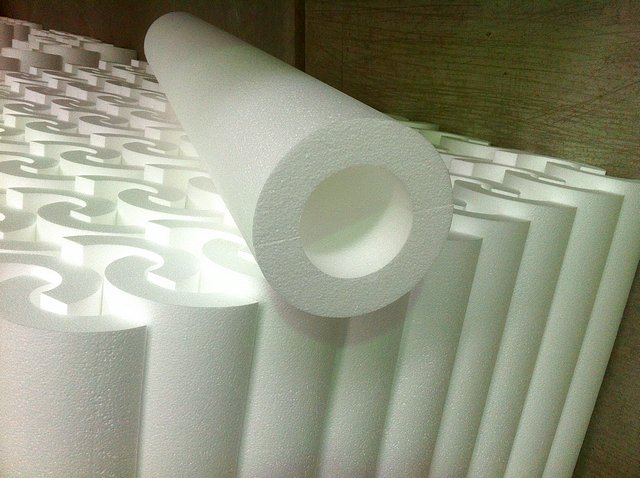
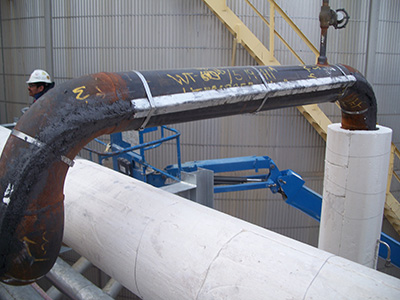
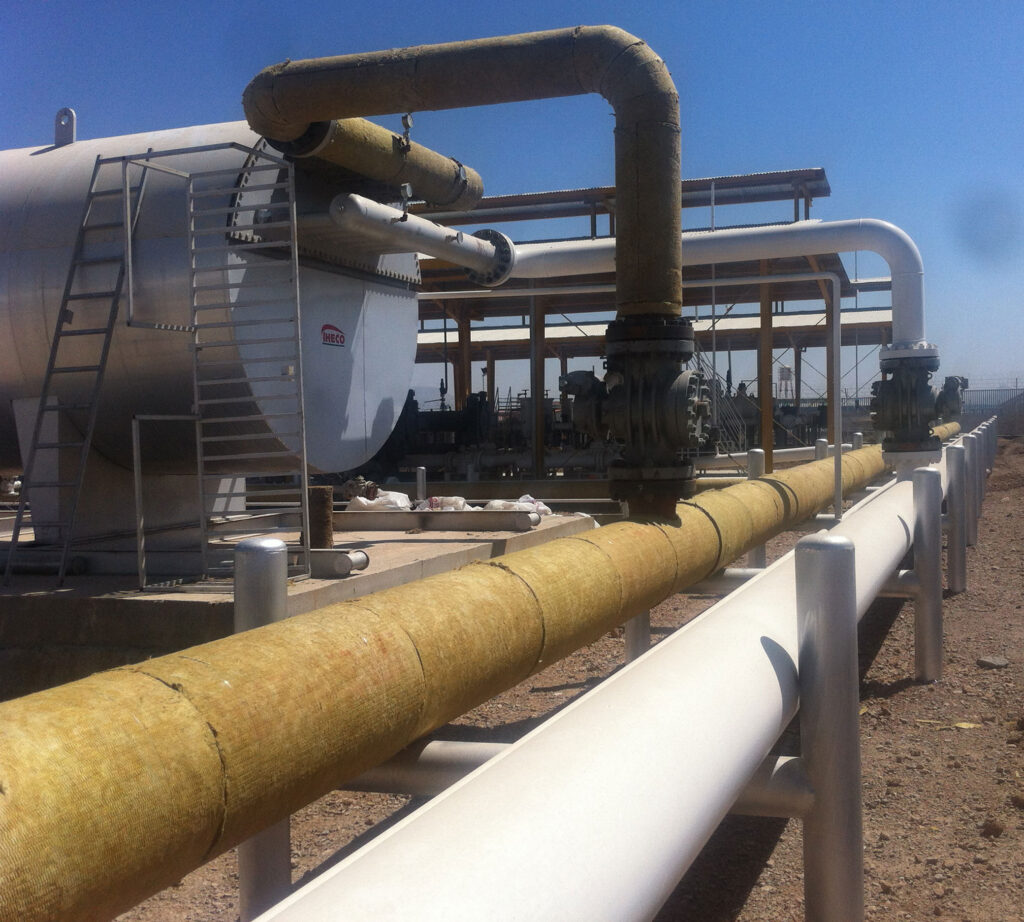
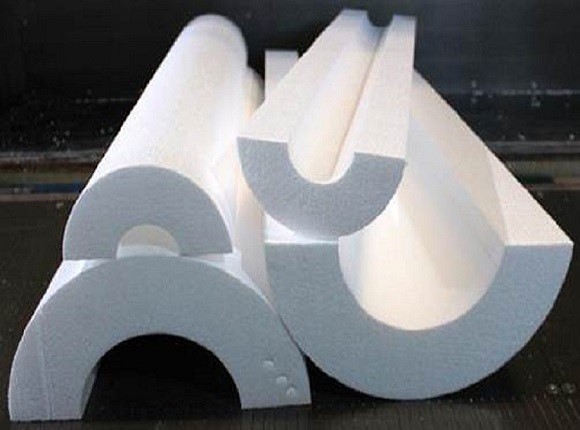

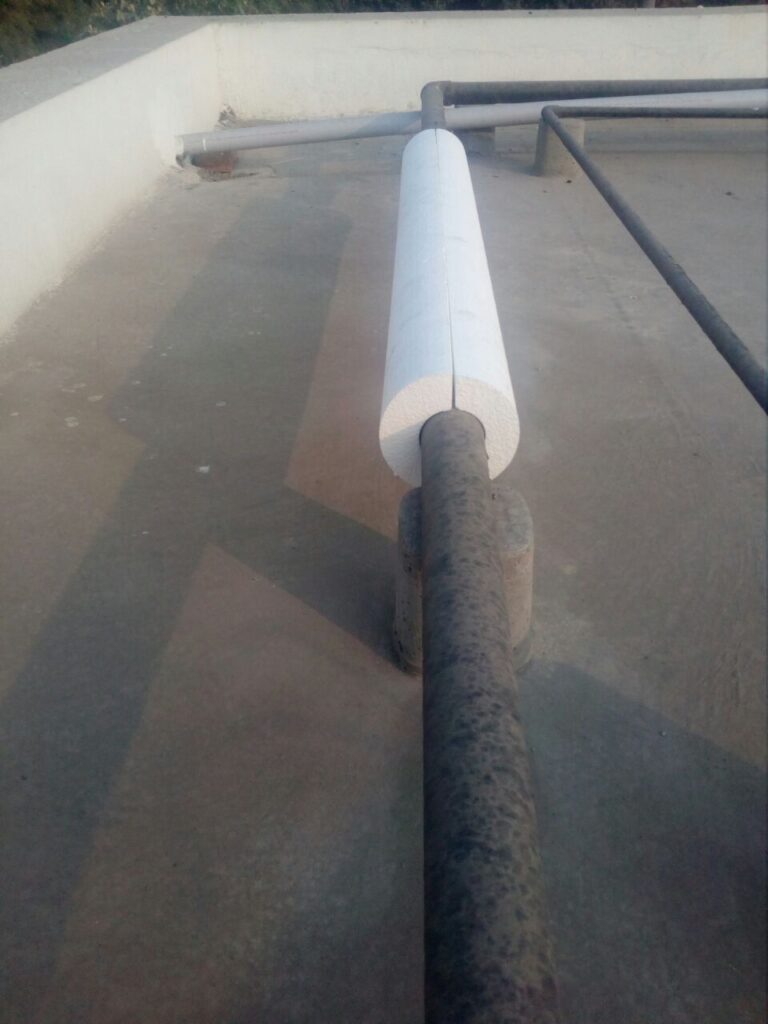
Types of Pipe Insulation Materials
Different materials work for different needs. Here are the most common types in Pakistan:
Foam Insulation (Polyethylene/Polyurethane)
Best For: Homes, offices, and cold water pipes.
Benefits: Lightweight, easy to install, and affordable.
Drawbacks: Not ideal for very high temperatures.
Fiberglass Insulation
Best For: Industrial pipes (e.g., steam pipes in factories).
Benefits: Handles extreme heat, durable.
Drawbacks: Needs professional installation.
Rubber Insulation (Elastomeric Foam)
Best For: AC pipes, refrigeration units.
Benefits: Flexible, water-resistant, and lasts long.
Mineral Wool
Best For: Fire-prone areas (e.g., chemical plants).
Benefits: Fire-resistant, reduces noise.
Where Is Pipe Insulation Used in Pakistan?
Homes: Insulate water heaters, AC pipes, and outdoor taps.
Factories: Protect steam pipes, boilers, and machinery.
Hospitals/Hotels: Ensure hot water stays hot and cold water stays cold.
Agriculture: Prevent irrigation pipes from cracking in winter or overheating in summer.
Benefits of Pipe Insulation
Lower Bills: Reduces energy waste, saving money monthly.
Longer Pipe Life: Stops rust, leaks, and cracks.
Comfort: Consistent water temperature for showers, AC, etc.
Eco-Friendly: Less energy use = smaller carbon footprint.
How to Choose the Right Pipe Insulation
Follow these tips for the best results:
Check Pipe Temperature: Use fiberglass for hot pipes, foam for cold pipes.
Measure Pipe Size: Buy insulation that fits snugly.
Consider Location: Outdoor pipes need weatherproof insulation.
Budget: Foam is cheapest (Rs. 50–200 per meter), fiberglass costs more (Rs. 300–600 per meter).
How to Install Pipe Insulation
Clean Pipes: Remove dirt or rust first.
Wrap Insulation: Cut material to size and secure with tape or glue.
Seal Gaps: Ensure no exposed spots.
Hire Experts: For complex jobs (e.g., factory pipes), contact local professionals in cities like Lahore or Karachi.
Pipe Insulation Cost in Pakistan
Foam Tubes: Rs. 50–200 per meter.
Fiberglass: Rs. 300–600 per meter.
Rubber Insulation: Rs. 400–800 per meter.
Note: Prices vary by supplier and city.
Why Pakistani Businesses and Homes Need Pipe Insulation
Fights Load Shedding: Reduces energy needs, helping during power cuts.
Saves Money: Lowers bills for families and factories.
Protects Infrastructure: Prevents costly repairs from burst pipes.
Final Thoughts
Pipe insulation is a smart investment for anyone in Pakistan. It saves energy, protects pipes, and works in all climates—from Karachi’s humidity to Gilgit’s freezing winters.
Ready to Insulate Your Pipes? Visit our Website Or Contact us For Pipe Insulation Services.
FAQs About Pipe Insulation
Yes! Foam or rubber insulation is DIY-friendly. For factories, hire experts.
10–15 years if maintained well. Check for wear annually.
Contact Us Directly +92 321-4912350 .
Absolutely! It keeps cold pipes cool and hot pipes from losing heat.
